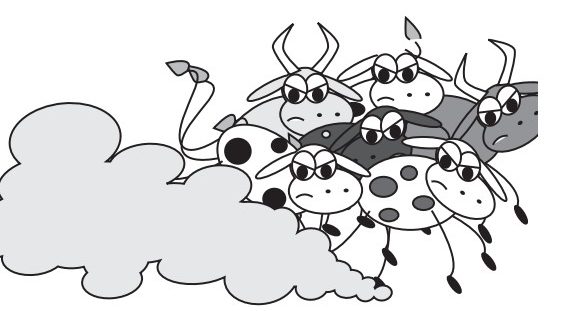Imposter syndrome is a psychological phenomenon that dates back to the 1970s. It is best characterized as the feeling of being inadequate despite tangible evidence of adequacy. While no longer a diagnosable disorder in the DSM-5, the concept of the imposter phenomenon is still alive and well, especially among high school students.
It is no secret that many high school students experience some level of stress originating from academics, extracurricular activities, work, athletics and other responsibilities. Like many others, I have experienced imposter syndrome to a degree during my high school career. However, one particular time throughout my years in high school amplified this feeling: college application season.
According to the National Library of Medicine, imposter syndrome has been reported more frequently in recent years, especially in high-pressure academic environments.
There is no better way to describe the atmosphere surrounding applying to college than a “high-pressure academic environment.” This process is extremely long and drawn out, sometimes lasting seven to eight months from when an application is submitted to when a student receives a decision.
While waiting for a decision is stressful in itself, the internal struggle of playing the “waiting game” poses a bigger challenge for many students, including myself. The two sources of this feeling can be chalked up to getting in and paying for it.|
Most of us are not strangers to the phrases “If you work hard, you will get in anywhere” and “If you get good grades, you will get a full ride.” While these remarks may have been true at one point, such a narrative no longer exists.
It is no secret that college is becoming more competitive. However, this idea has been pushed beyond the boundaries of simply “competitive.” In the current atmosphere, many students are made to believe that they have to cure cancer, win the Olympics, get a 1600 on the SAT, and solve the world peace dilemma (and publish research about all of those things) in order to matriculate to a top college. And sometimes, you have done all of those things, and still, the imposter syndrome carries on.
While acceptance to highly ranked universities proves difficult on its own, another barrier stands in the way of many students and their post-graduation education. According to the University of Michigan, the cost of college tuition has seen a 747.8% increase over the past 60 years alone.
Although outside scholarships exist, which are also competitive, a lot of colleges do not allow for the stacking of outside scholarships, further distressing hopeful students. Some schools will even take away a portion of the institutional grant the school itself gives you if you receive an outside scholarship; the needle doesn’t move when it comes to the final cost of attendance.
Such a high standard surrounding matriculation to top schools creates a distinct sense of pressure to live up to a wildly unattainable expectation and sometimes even isolates students from one another. It is understandable that seniors hoping for top colleges, year after year, become plagued with the rhetoric that they aren’t good enough and that their qualifications aren’t enough.
Since I was a little girl, I always knew I wanted to attend a highly ranked university. Like many, I have always enjoyed attending school, and the value I have placed on my education has always come from the heart. Spoiler alert: it never had anything to do with how much I did, how I did it, or when I did it until I started applying to college.
I know that my passion for learning will propel me through all of the challenges I will face during my higher education, not trying to live up to unreasonable standards from society. Perhaps it is this love for learning that will allow students to break free from the systemic pressures of being the “best” and subsequently experiencing “imposter syndrome” and instead focus on being the most faithful version of themselves.



